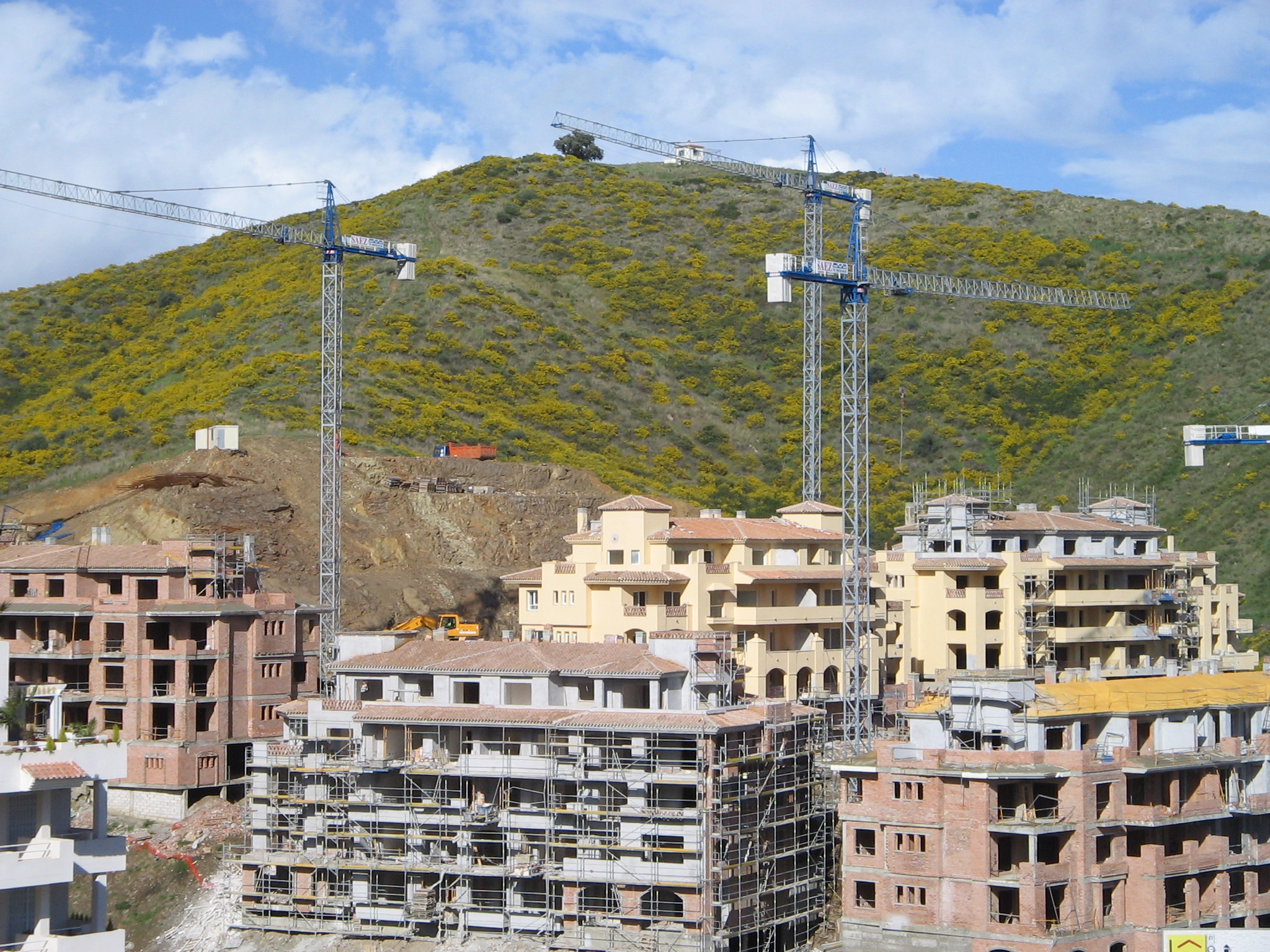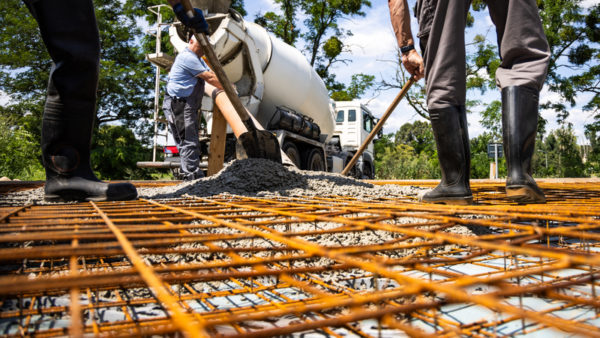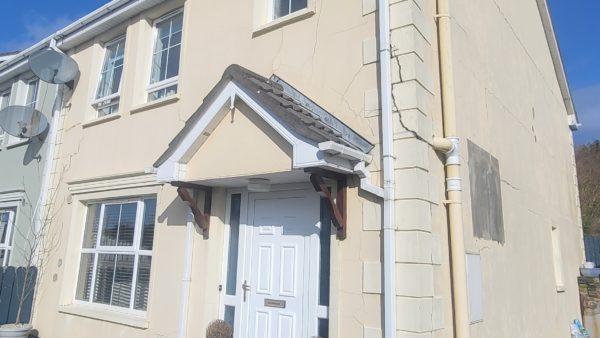
Severe labour shortages in southern Europe mean some countries will struggle to spend their share of the EU’s €750bn Covid recovery fund on infrastructure and other improvements requiring construction, The Financial Times (FT) reports.
Although construction activity is rising in Italy, Spain, Greece and Portugal as a result of pent-up demand following the pandemic’s initial surge, the construction workforces in those countries haven’t yet recovered from shrinkage caused by the 2008-09 global recession, and people are reluctant to enter the industry because it is seen as insecure, the FT found.
Companies are filching employees from each other
The problem is exacerbated by a deadline of 2026, by which time the funds, a combination of grants and loans, must be invested, with independent evaluations carried out in 2029. Construction-related investments include rail schemes, electricity grid modernisation and retrofitting buildings for energy efficiency.
Receiving €191.5bn from the fund, Italy is the largest recipient, but its contractors’ association ANCE said at the end of last year that its members needed another 265,000 construction workers just to finish live projects. Although its construction workforce grew 21% in 2021, it shrank 33% between 2008 and 2020, and is now not growing fast enough, the FT reported.
“It’s really hard to find labour and prices have gone crazy,” the head of business development at construction firm Donati told the FT. “There is so much competition. Companies are filching employees from each other.”
The second biggest recipient is Spain, which is receiving €140bn. The FT said employers and unions there say around 500,000 workers are needed to carry out its recovery plan, which involves spending more than €7.8bn on the energy efficiency of buildings and €13.2bn on sustainable mobility, including rail infrastructure.
The FT reports that Spanish construction companies say the scarcest workers include crane operators, carpenters, welders and site managers. Spain lost 1.8 million construction workers after the collapse of its 10-year house-building bubble in 2008, according to the FT.
Greece’s €30.5bn recovery plan is more modest, but its construction workforce shrank 57% between 2009 and 2020, the FT said, as the Greek economy slumped amid a 10-year sovereign debt crisis. One employer told the newspaper that wages there had risen by up to 30% since the start of 2021, but that demand for workers still races ahead of supply.
The employer said the shortage is aggravated by Greece’s biggest-ever urban regeneration scheme, the 2-million-sq-m “Ellinikon” development underway near Athens former airport, which will create 10,000 construction jobs.
The FT put the number of workers needed in Portugal at 80,000.
Migrants and asylum seekers are being considered as a possible source of labour. In June, Italy’s contractors’ association ANCE began working with a charity to train prospective migrants to work in construction.






